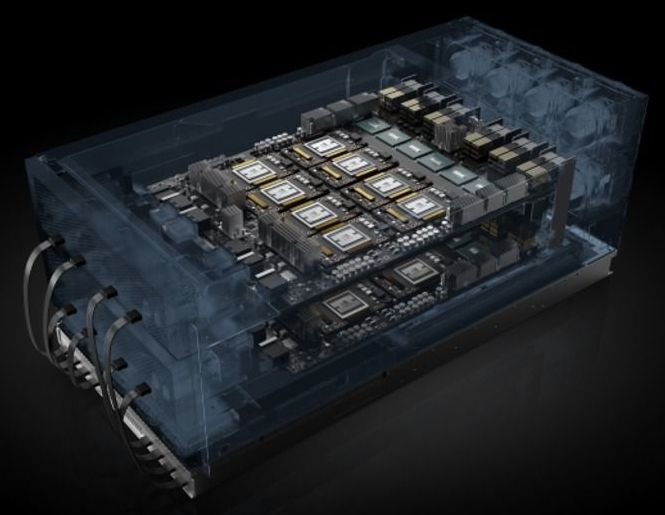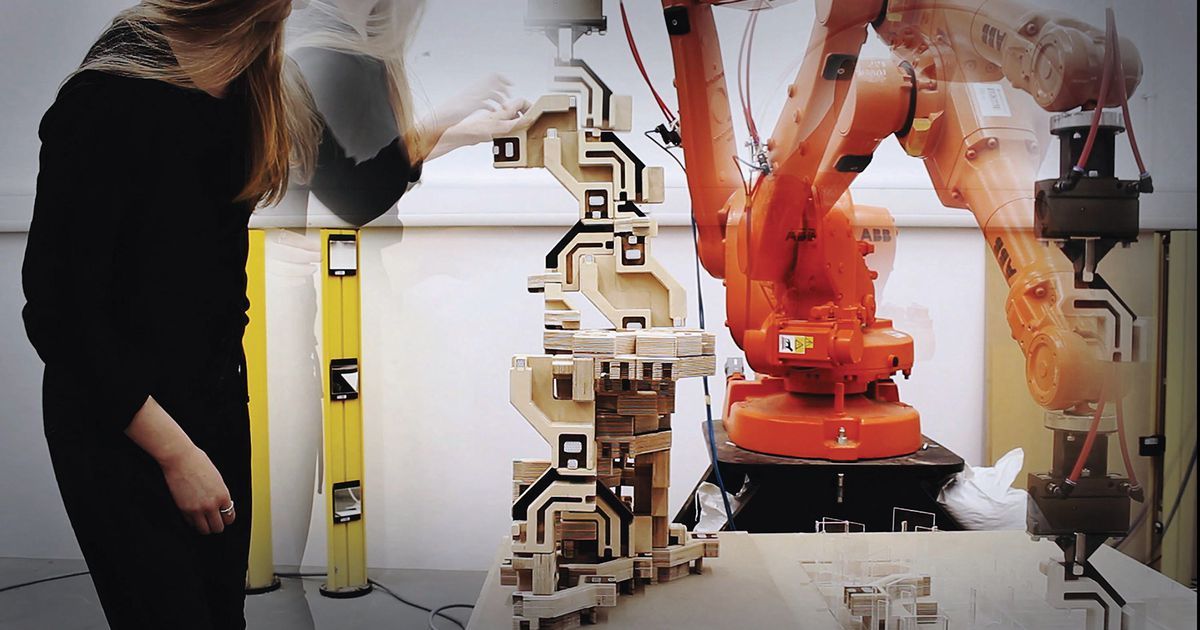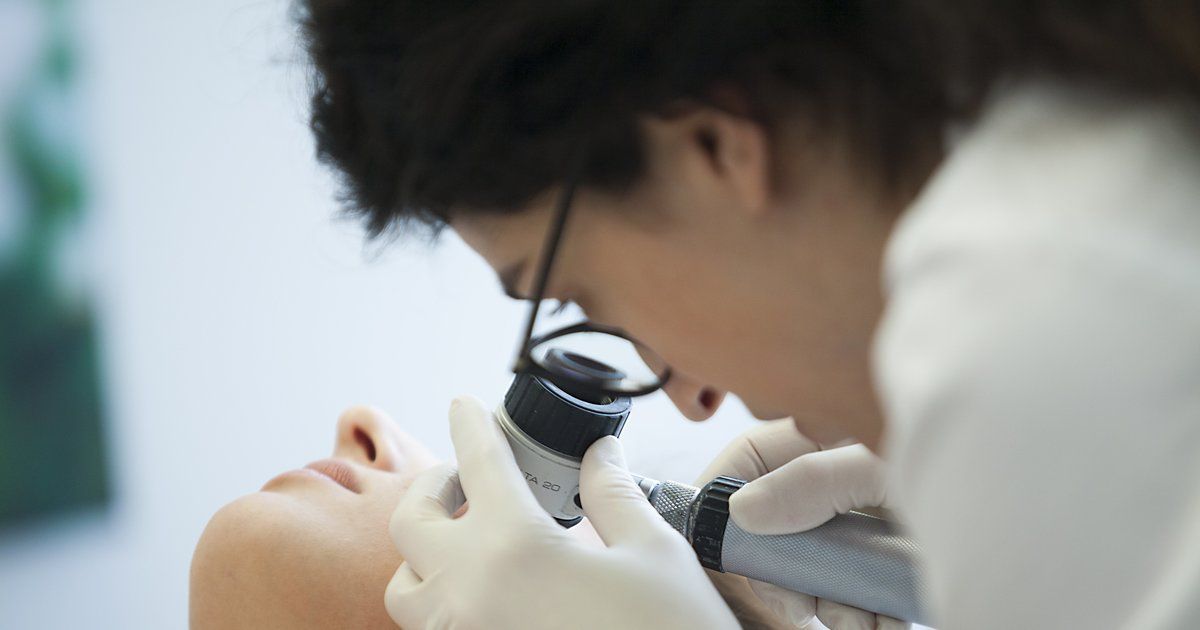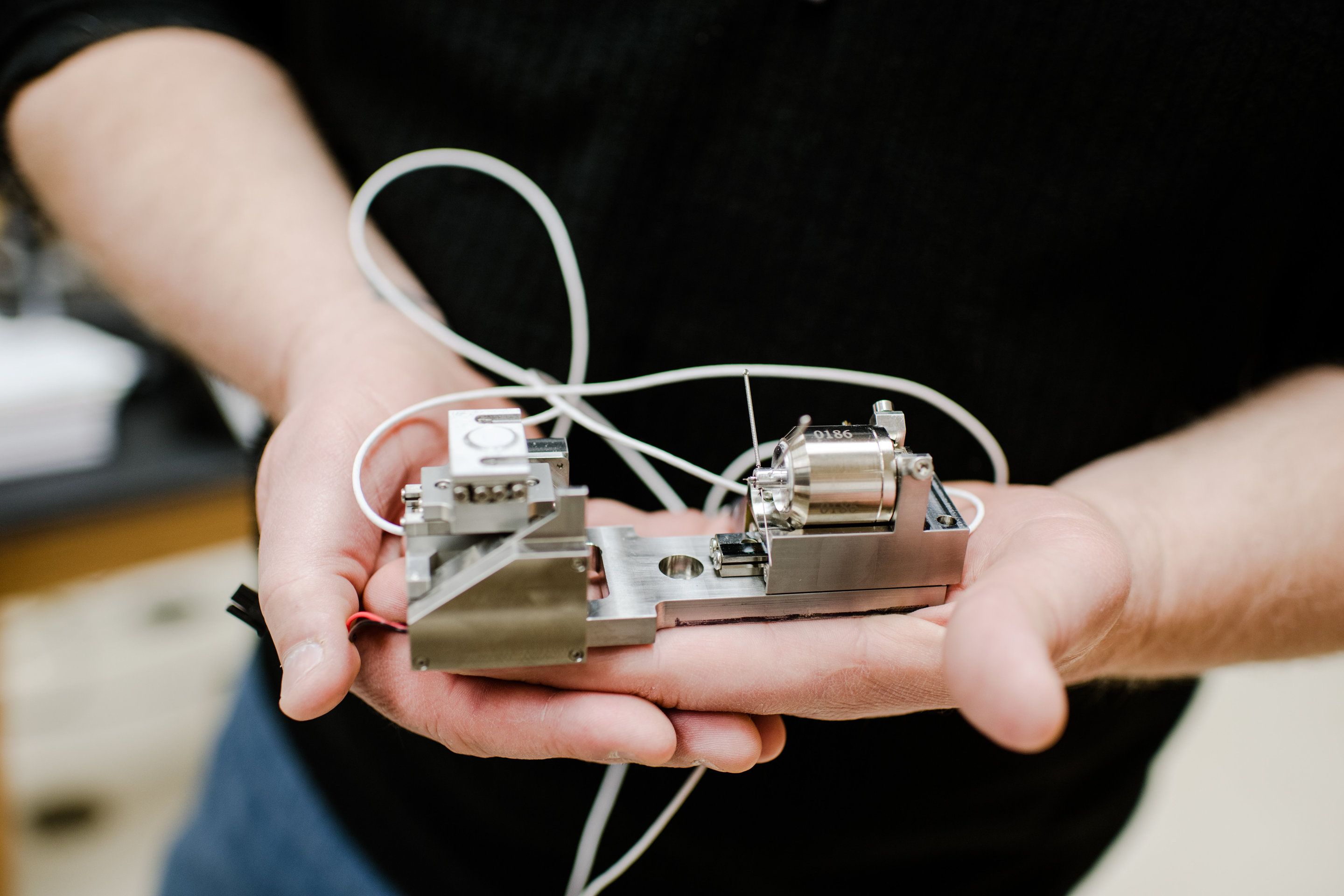The platform’s unique high-precision computing capabilities are designed for the growing number of applications that combine high-performance computing with AI.
Virgin Galactic is celebrating a successful second test flight of SpaceShipTwo, the rocket-powered passenger spacecraft that may someday take tourists to the edge of space. Today’s test took the VSS Unity, the second craft built in this class, up to 114,500 feet and Mach 1.9, or nearly 1,300 miles per hour.
Unity’s first powered flight was less than two months ago, which was itself the first powered flight Virgin Galactic had attempted since the fatal breakup of the company’s previous SpaceShipTwo-class spacecraft, Enterprise, in 2014.
Much has been redone since then but the basics of the Virgin Galactic flight style are the same. A relatively traditional jet-powered plane, a WhiteKnightTwo class plane (in this case the VMS Eve), carries the SpaceShipTwo craft (Unity) up to somewhere around 45,000 feet. There the latter detaches and fires up its rocket engine, accelerating to high speed and high altitude, after which it glides to the surface and lands more or less like any other plane.
Using a pioneering method, researchers from the Astronomy and Astrophysics Group of the UPC and the Canary Islands Institute of Astrophysics (IAC) have found a neutron star of about 2.3 solar masses—one of the most massive ever detected. The study was published on the 23rd of May in the Astrophysical Journal and opens a new path of knowledge in many fields of astrophysics and nuclear physics.
Neutron stars (often called pulsars) are stellar remnants that have reached the end of their evolutionary life: they result from the death of a star of between 10 and 30 solar masses. Despite their small size (about 20 kilometres in diameter), neutron stars have more mass than the sun, so they are extremely dense.
Researchers from the Universitat Politècnica de Catalunya (UPC) and the Canary Islands Institute of Astrophysics (IAC) used an innovative method to measure the mass of one of the heaviest neutron stars known to date. Discovered in 2011 and called PSR J2215+5135, with about 2.3 solar masses it is one of the most massive of the more than 2,000 neutron stars known to date. Although a study published in 2011 reported evidence of a neutron star with 2.4 solar masses, the most massive neutron stars that had previously achieved a consensus among scientists, reported in 2010 and 2013, have 2 solar masses.
Now that some time has passed since the release of Avengers: Infinity War, we should probably talk about Thanos, the nigh-omnipotent “Mad Titan” at the heart of Marvel’s latest blockbuster, and how he perfectly embodies one of the most pervasive societal misconceptions circling the topic of life extension. This might, therefore, be the first post here on LEAF that necessitates a spoiler warning, so here it is!
SPOILER ALERT — IF YOU CARE ABOUT HAVING INFINITY WAR, WHICH IS AN EXCELLENT MOVIE THAT YOU SHOULD SEE, SPOILED, PLEASE ABANDON SHIP AND HEREUPON RETURN AFTER WATCHING
LOS ANGELES – Deep thinkers have been saying for generations that we have to get off this rock and head for the stars, but the idea takes on a little more weight when the world’s richest person says it.
“We will have to leave this planet, and we’re going to leave it, and it’s going to make this planet better,” Jeff Bezos, the founder of Amazon retailing giant and the Blue Origin space venture, told me here on Friday night during a fireside chat at the National Space Society’s International Space Development Conference.
There’s an old saying: “You must learn to walk before you learn to run.” Despite such wisdom, numerous industries skip the basics and sign up for marathons instead, including the battery industry.
Lithium ion batteries hold incredible promise for improved storage capacity, but they are volatile. We’ve all heard the news about lithium ion batteries in phones—most notably the Samsung Galaxy 7—causing phones to catch fire.
Much of the problem arises from the use of flammable liquid electrolyte inside the battery. One approach is to use a non-flammable solid electrolyte together with a lithium metal electrode. This would increase the energy of the battery while at the same time decreasing the possibility of a fire.









